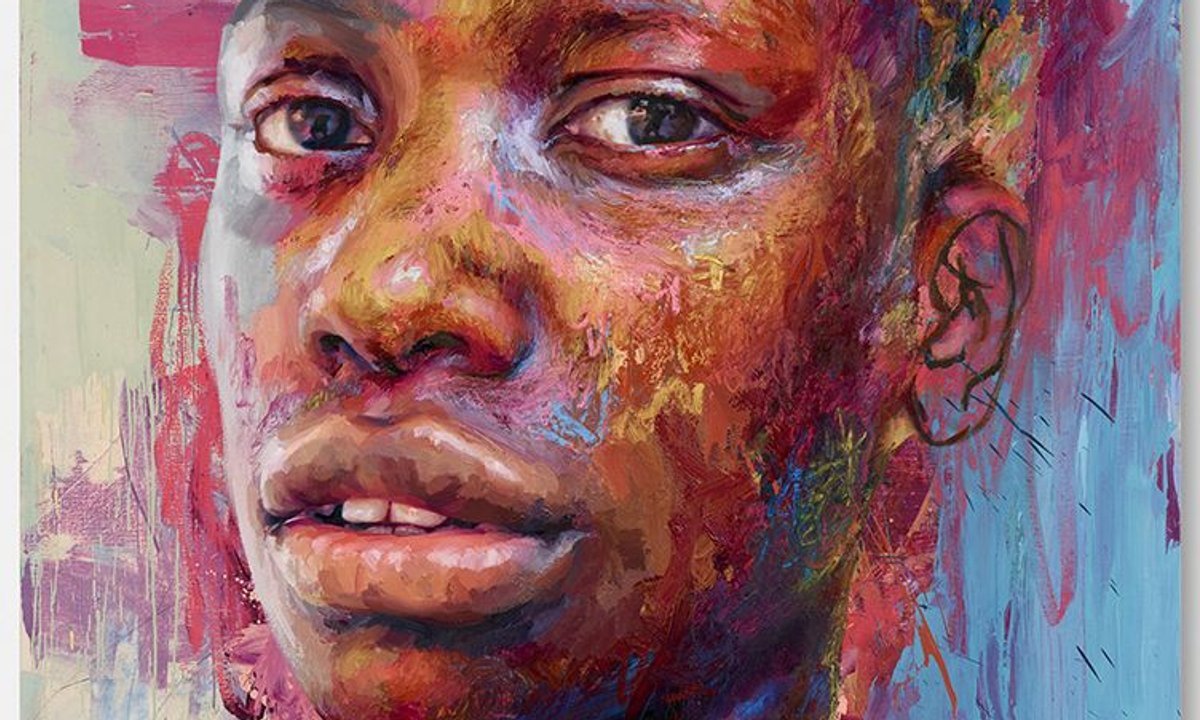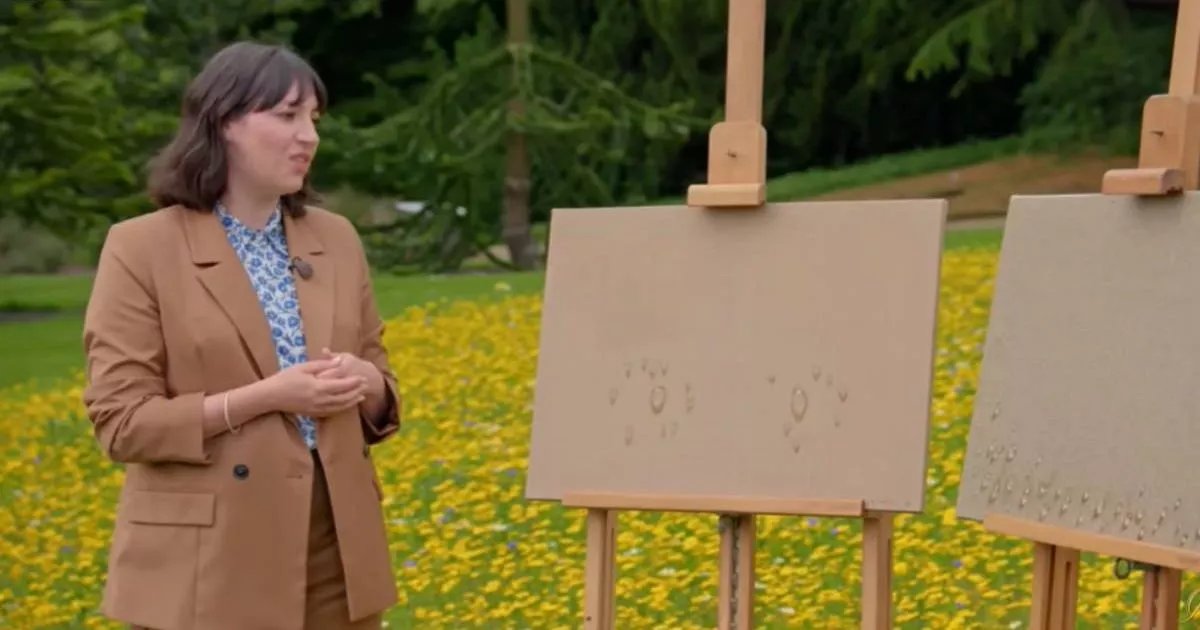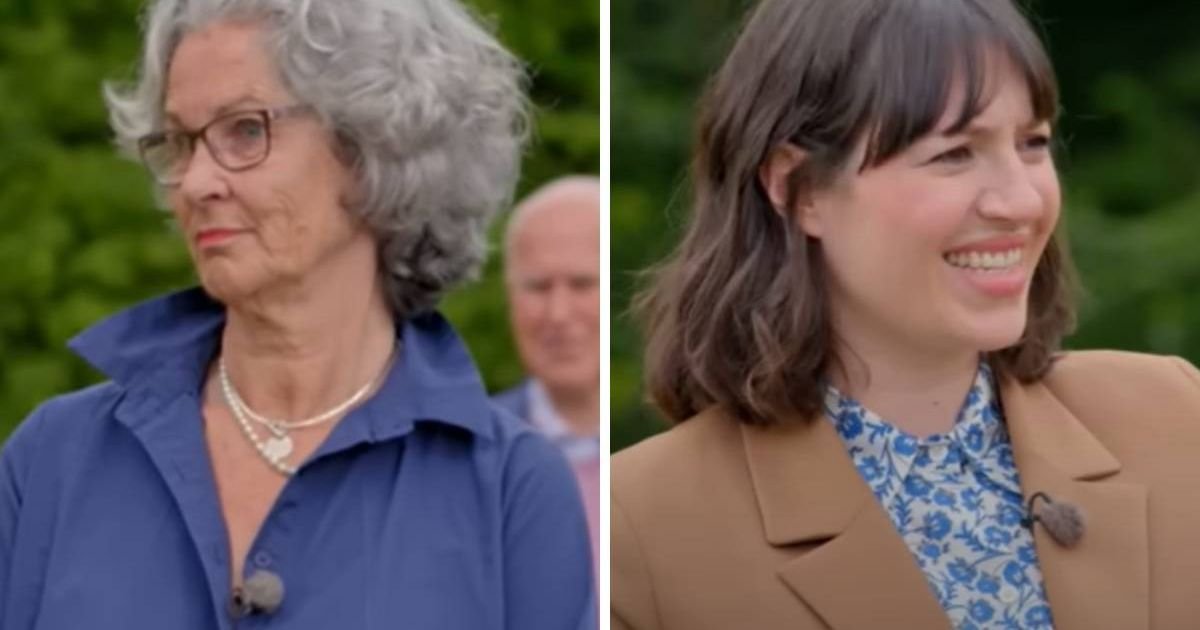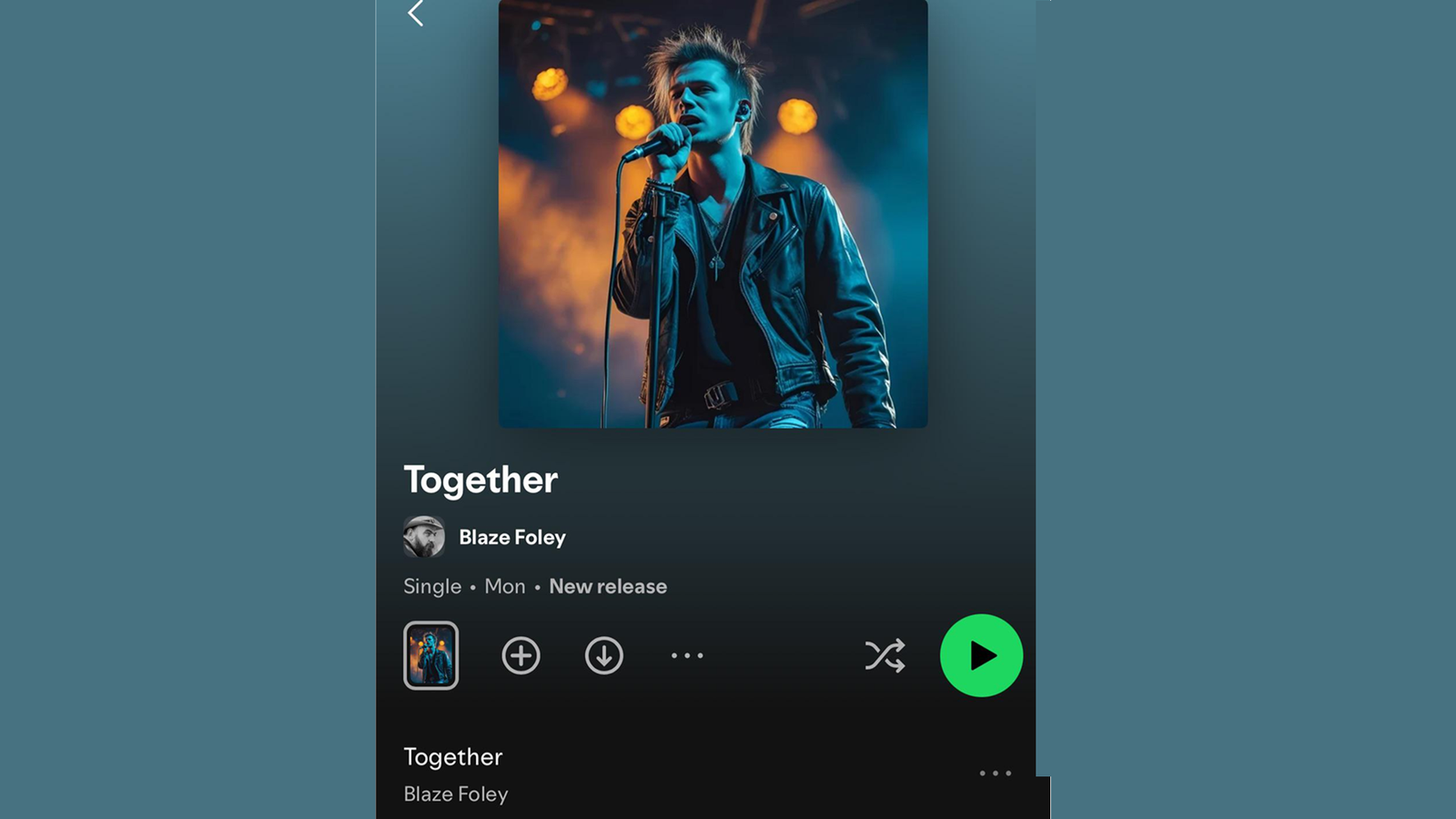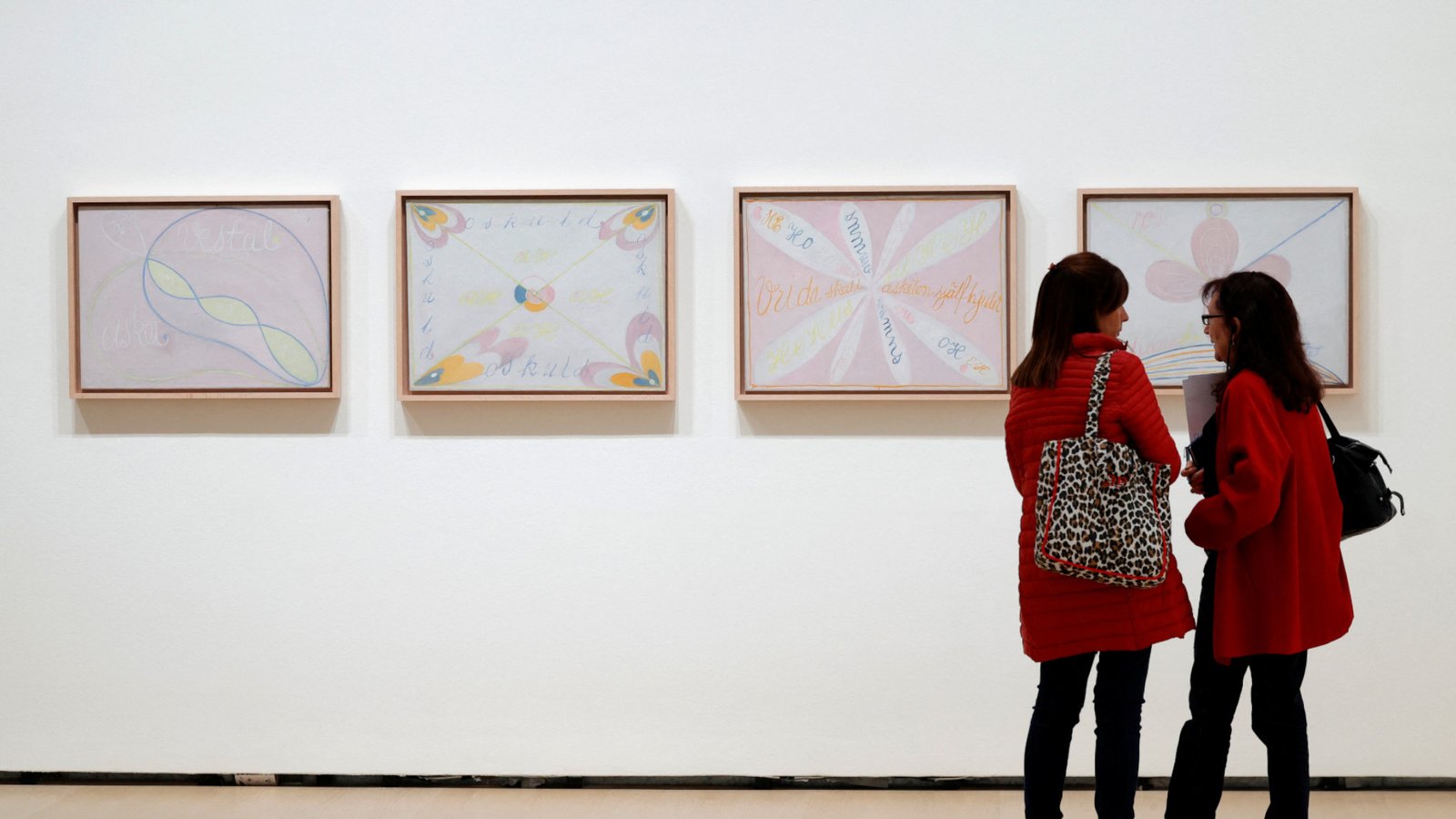Aaron Child is the talent behind Painted Life Productions which brought us the stunning Shrewsbury Christmas film this year as part of the BID’s Christmas campaign. Now, he has turned his lens upon the Hungarian artist Endre Röder, who is currently exhibiting at The Soden Collection on Wyle Cop. We were interested to know how the artist and film maker got on!
A bit about Endre Röder…
Although now in his mid 80s, Endre Röder is still producing work of sheer delight. Many of his paintings shimmer with dabs of colour, lighting up the canvas. Other works, rich in tone, are more subtle. They have a soft beauty reminiscent of Gauguin. Influences abound – Chagall, Balthus, Picasso and Modigliani with the artist’s use of strongly defining lines, particularly around the face of his models. It is a recurring theme in Röder’s work that evokes fun and movement. Women appear in almost all of his compositions (treated with great respect, and afforded a deep sensuality). Born in Budapest in 1933, he taught art for many years, lecturing up to postgraduate level at Bretton Hall in South Yorkshire before working as a full-time painter, from 1988. He now lives and works in Swanage, but you can see his work in The Soden Collection on Wyle Cop.
‘Deaf like Beethoven, Blind like Cézanne’ – a film by Aaron Child, commissioned by The Soden Collection
How did you come to make this film about Endre Röder?
Well that was all down to Jonathan Soden! He curates meaningful relationships with the artists that he showcases in his gallery on Wyle Cop. I love that he already had a good understanding of Endre’s work before the shoot. Jonathan himself wanted to delve deeper and gain more understanding of Röder’s techniques and philosophy. His sincere curiosity and passion for art is what led the questions and the project as a whole!
What did you most enjoy about speaking to the artist?
His cheeky sense of humor! I believe it comes across in the film, but Endre does not take himself too seriously at all. He pokes fun at himself (and his wife) a fair bit, but always in a very gentle way. As he is from a Hungarian background, there is a slight language barrier too. A favourite interview moment of mine is when Jonathan was trying to ask about the ‘fish’ in his paintings. The word fish was not getting through to Endre and Jonathan was eventually shouting the word “FISH… FISH!” for a good while. Maybe it was Jon’s brummie twang! But we got there eventually haha.
What was your vision in creating this?
I love documenting people who are unable to hold back expressing themselves in an art form. Endre’s personality, his home and his life is his art. When we arrived at Roder’s place, the sheer amount of paintings in a relatively small space was astounding! From the get-go, I knew I had to convey this sheer mass of creative explosion, even though there was not a great deal of space to move around; therefore, the camera shots were wide angled and swooping but with the intention of keeping them intimate too. I loved filming Endre work, he does not rush. He paints like he speaks, tender and cautious.
How did you approach the editing?
Unlike narrative based films like the Shrewsbury Christmas film, I do not go into documentaries with a strong plan and allow the pieces to naturally fall into place. The real work comes in at the editing stage. This is where you play around and see where the story forms. I see it as like a big jigsaw puzzle, you keep moving things around until it feels right. We had over an hours interview which was whittled down to about 10 minutes. Choosing what to cut was the hard part!
How does the art of film-making ‘sell’ the subject?
The best thing you can do to sell someone is to show them in the most authentic and genuine way possible. At the end of the day, Endre’s personality and passion is what directed the film: the look, the pace, the flow, the humour – that all came down to him. When an audience feels like they have understood someone in an authentic way, they can truly appreciate them.
What tips enable this process?
When making a documentary or just aiming to get a great performance out of someone in general, the most important thing is to make sure they are relaxed, comfortable and in good company. Having a camera on you is pretty weird, if you can create an environment when the camera is invisible and you are simply having a conversation, that’s when it gets good!
- Aaron’s new film Deaf like Beethoven, Blind like Cézanne will be shown at a VIP private view on Friday, January 28 from 6pm – and thereafter on view at The Soden Collection on Wyle Cop.


